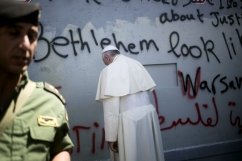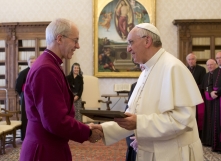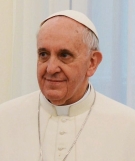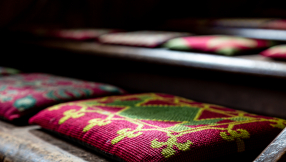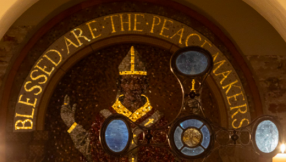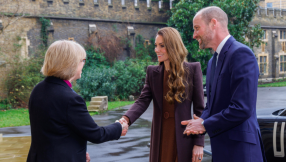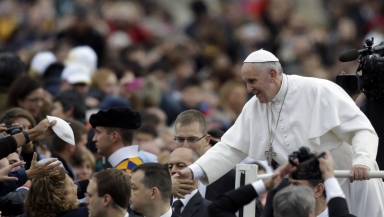
Pope Francis is emerging as a favourite to win the Nobel Peace Prize next week.
No Pope has ever won the prize, criticised regularly since its foundation in 1901 for a number of omissions including Pope John II. President Barack Obama won it in 2009.
Pope Francis is one of 278 nominees for the prize this year, a record number. Most are individuals but the nominees include more than 40 organisations.
Others include Russian President Vladimir Putin, Edward Snowden, who leaked vast numbers of US secrets, and Malala Yousafzai, the teenager from the Swat valley Pakistan who was victim of an assassination attempt by the Taliban and who has gone on to achieve an international profile in her campaigns for women's education and other rights. The $1.24 million award will be announced next Friday in Oslo.
Bookmakers Paddy Power have Pope Francis as the favourite at 9/4. He was nominated by the Argentine parliament because of his work in bringing peace to Syria. His sponsor Oscar Martinez said he was a man who had been "decisive in maintaining international peace through his clear position regarding the conflict in Syria."
Kristian Berg Harpviken, director of the Peace Research Institute Oslo (Prio), an independent research institute, did not nominate anyone but each year publishes his own list of the shortlist.
This year he put Pope Francis at the top, followed by Snowden and Yousafzai. His fourth favourite is Denis Mukwege, a surgeon from Congo who has played a prominent international role in combating sexual violence. Mukwege is the second favourite at Paddy Power, at 5/1.
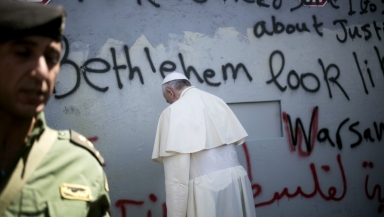
An article on the Prio website states: "Since taking over the Papacy on 13 March 2013, Pope Francis has brought attention to the fate of the poor, and the need for a new approach to development and economic redistribution."
Prio notes that speaking at the World Economic Forum in Davos in January 2014, the Pope called for a "renewed, profound and broadened sense of responsibility on the part of all" and that the need for a new approach also figured centrally in his Papal statement.
"Beyond his notable efforts for the poor, which in Harpviken's opinion would be the main justification for awarding him the 2014 Peace Prize, Pope Francis has also instilled new hope for reform of the Catholic Church. He has himself adopted a more modest appearance than his predecessors, uses social media extensively, and signals accessibility for the common man and woman."










